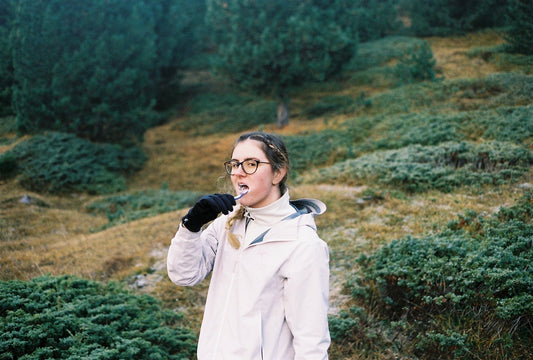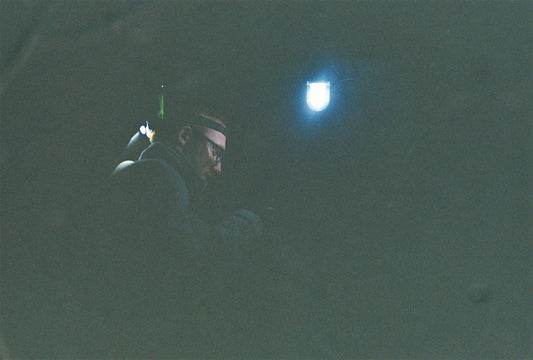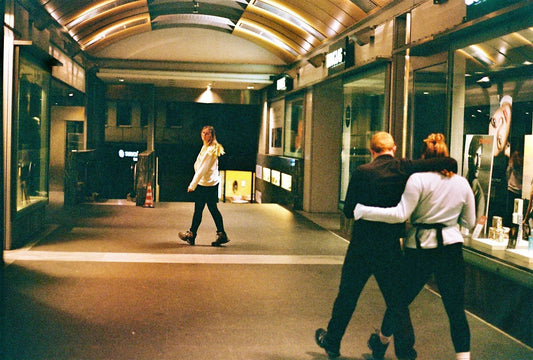With the winter months rolling in, it's best to be prepared for camping in low light conditions. Here's some tips from us on how to go about it best:
Preparation:
-
Choose the Right Campsite: Look for a flat, dry area away from water bodies to avoid dampness and insects. Clear the ground of rocks and sticks before setting up your tent.
-
Check Weather Forecasts: Knowing if it will be cold, wet, or windy can help you pack appropriately.
-
Pack Extra Layers: Nights can get cold; bring warm clothing like hats, gloves, thermal layers, and a good quality sleeping bag.
Lighting:
-
Headlamps or Lanterns: A headlamp leaves your hands free for tasks. Lanterns can light up a larger area for group activities or reading.
-
Battery Life: Bring extra batteries or a portable charger if your lights are battery-powered.
Safety:
-
Fire Safety: If you're having a campfire, make sure it's fully extinguished before you go to sleep. Keep a bucket of water or sand nearby.
-
Bear Bags or Containers: In areas with bear populations, hang food or use bear-proof containers to store food away from your sleeping area.
-
First Aid Kit: Always have one handy for minor injuries or emergencies.
Comfort:
-
Insulation from the Ground: Use a good sleeping pad or mattress; the ground can sap heat from your body very quickly.
-
Tent Setup: Ensure your tent is properly pitched to prevent water from coming in if it rains.
-
Stay Dry: Keep your sleeping gear dry. If it's wet outside, change into dry clothes before bed.
Navigation:
-
Know Your Surroundings: Before it gets dark, familiarize yourself with the area, especially the direction to the nearest road or help if needed. Nothing worse than getting lost on that midnight toilet run!
-
Map and Compass/GPS: Even if you know the area, having navigation tools can be crucial if you get disoriented.
Sleep:
-
Earplugs and Eye Masks: If you're sensitive to light or sound, these can help you get a better night's sleep.
-
White Noise: The sounds of nature can be soothing, but if you're near a noisy area, consider a white noise app or device.
Miscellaneous:
-
Hydration: Keep water accessible; you might get thirsty in the night.
-
Insect Repellent: Apply before going to bed to keep bugs at bay.
-
Quiet Time: Respect others' need for peace, especially if camping in a communal area.





